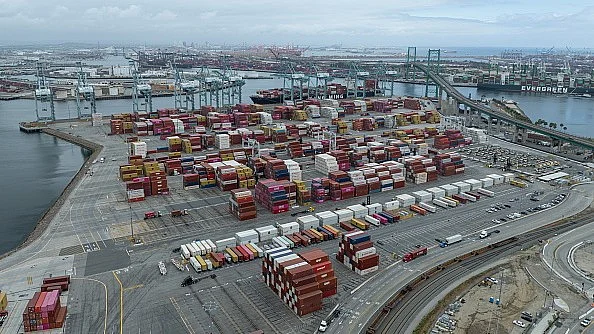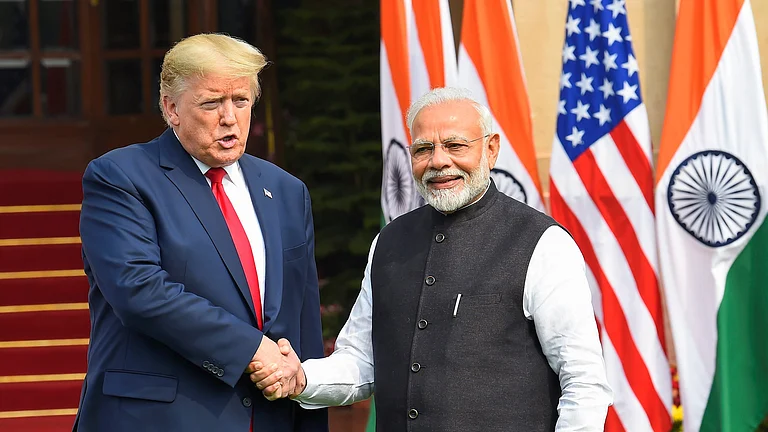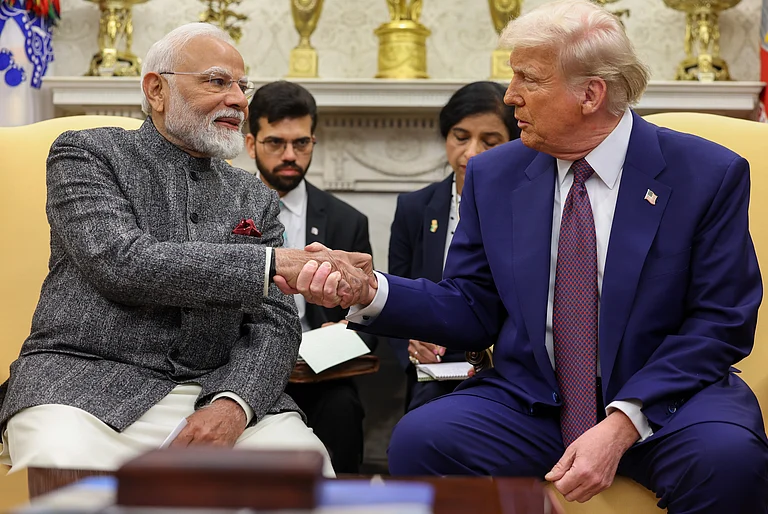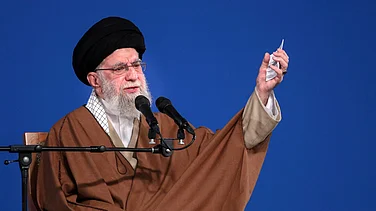
The U.S. will lift tariffs on select imports from Argentina, Ecuador, Guatemala and El Salvador, focusing on goods not widely produced domestically.
Baseline tariffs remain in place, but chosen products — including bananas and coffee — will receive tariff relief.
In return, the four countries will expand market access for U.S. exports and commit to regulatory reforms and reduced trade barriers.
The United States has announced preliminary trade agreements with Argentina, Ecuador, Guatemala and El Salvador that will allow tariff removal on certain imported goods, particularly products that the U.S. does not produce in sufficient quantities. The move is part of Washington’s broader effort to ease consumer prices and strengthen trade ties in the region.
Under the agreements, most existing tariffs will remain in place — 10% for Argentina, Guatemala and El Salvador, and 15% for Ecuador — but specific goods such as bananas and coffee from Ecuador will see targeted tariff relief. In exchange, the four countries have committed to providing greater market access for American agricultural and industrial products.
The framework agreements also include measures aimed at reducing non-tariff trade barriers, reforming digital-services tax policies, and improving regulatory transparency. Officials expect the agreements to be finalised within the next two weeks.
For years, the U.S. has maintained a combination of high and moderate tariff structures on agricultural and industrial goods from these countries, partly to protect domestic industries and partly due to stalled trade talks. However, with rising inflation concerns and ongoing efforts to diversify supply chains, Washington has turned to targeted tariff relief on goods it does not produce in sufficient quantities—such as bananas, coffee and certain raw materials.
Under the new framework, most countries will retain baseline tariffs, but specific products will receive exemptions in exchange for commitments from partner nations to open their markets to U.S. agricultural and manufactured goods. The agreements also encourage reforms related to digital taxes, regulatory transparency and the removal of non-tariff barriers. While these deals are still pending finalisation, they signal a renewed phase of cooperation between the U.S. and Latin America, blending strategic economic interests with diplomatic recalibration in a region where global competition has intensified.


























